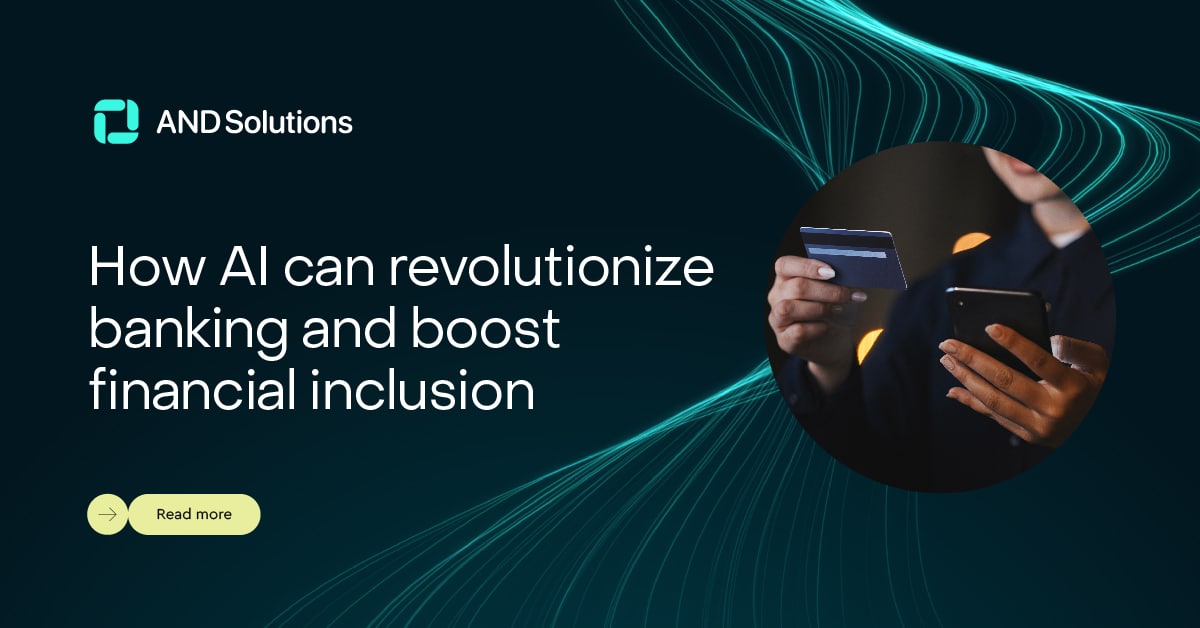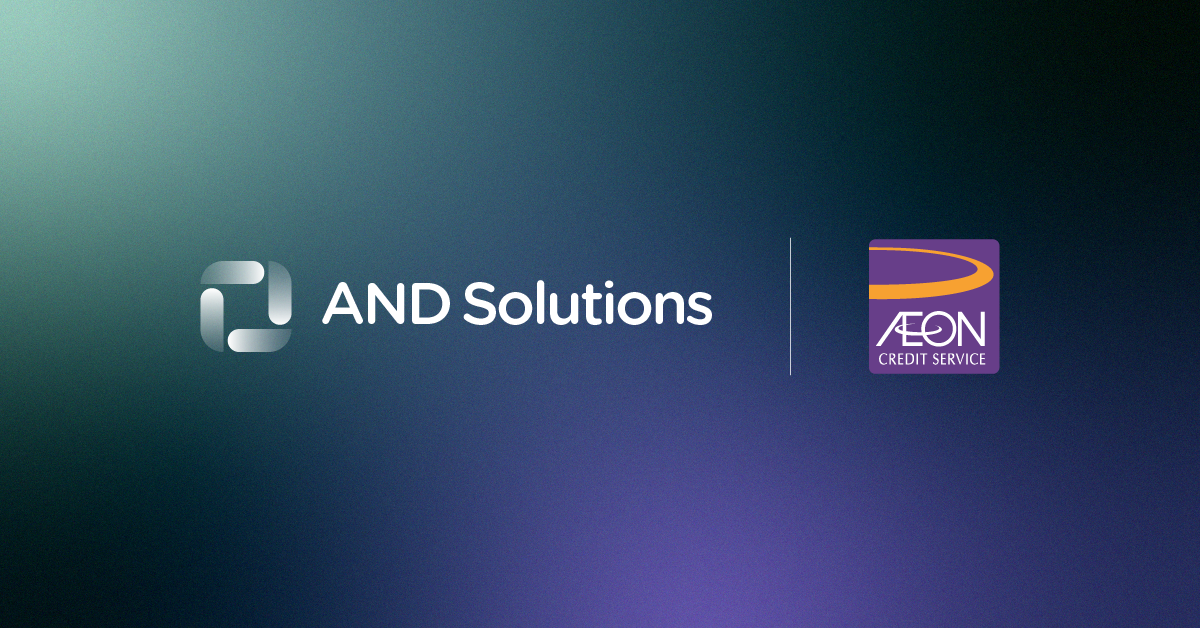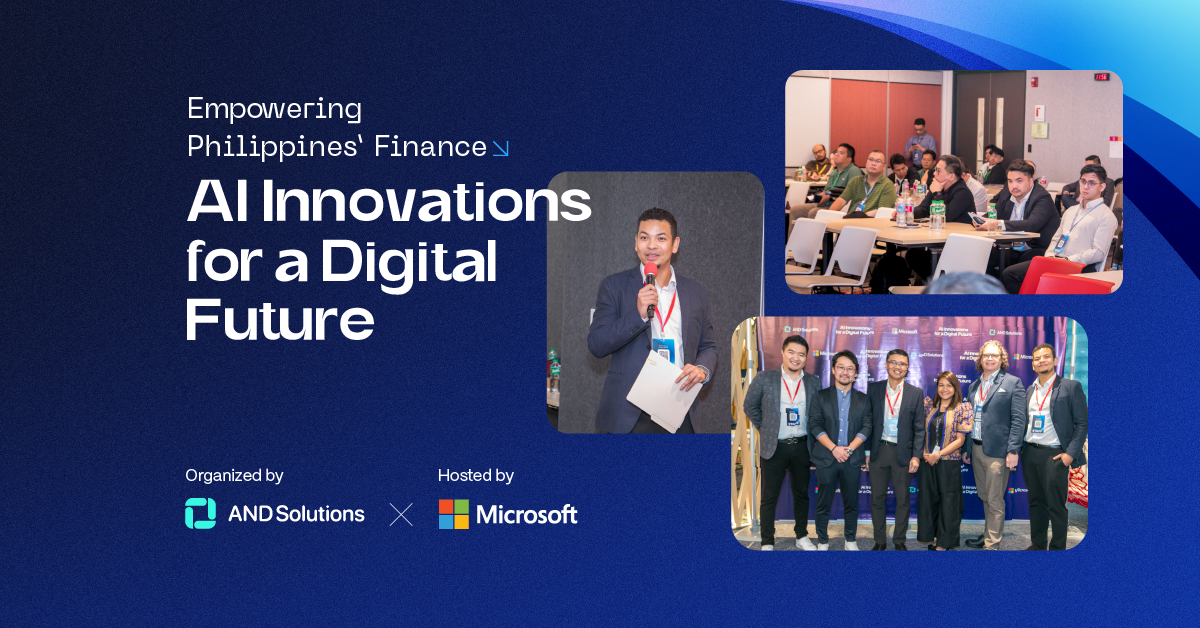The financial services landscape is experiencing a seismic shift. Just a few years ago, generative AI was merely a concept discussed in tech circles. Then came ChatGPT in 2022, and everything changed. This technological breakthrough has sparked a global race for innovation, with implications reaching far beyond Silicon Valley into the heart of financial services.
Breaking Down Barriers in Credit Access
Traditional credit assessment has long been a fortress guarded by conventional metrics: credit history, steady income documentation, and collateral requirements. But what about the millions who operate outside these traditional parameters? The freelancers, gig workers, and small business owners who, despite being financially responsible, remain invisible to traditional credit systems?
This is where AI is making a profound difference. By analyzing alternative data sources and digital footprints, AI-powered credit scoring systems are opening doors that were previously closed. Take our experience with LendMN in Mongolia – we’ve seen firsthand how AI can transform credit accessibility while maintaining robust risk management.
The Promise of Intelligent Document Processing
One of the most immediate impacts of AI in banking operations comes through Intelligent Document Processing (IDP). Think about the mountains of paperwork that traditional banking generates – loan applications, KYC documents, compliance reports. AI-powered systems are now automating these processes, not just saving time but also improving accuracy and compliance.
Looking Ahead: The Next Frontier
The rapid advancement in AI technology suggests we’re approaching another breakthrough – Artificial General Intelligence (AGI). While current AI systems excel at specific tasks, AGI promises something more profound: human-like reasoning and adaptability across different domains.
For financial services, this could mean:
- Truly personalized financial products that adapt to individual circumstances
- More sophisticated risk assessment for underserved populations
- Automated yet nuanced financial advisory services
However, we maintain a balanced perspective. While excited about these possibilities, we recognize that human oversight remains crucial, especially in financial services where decisions impact people’s lives.
The Economic Ripple Effect
Financial inclusion isn’t just about individual access to services – it’s an economic multiplier. World Bank research suggests that a 10% increase in financial inclusion can boost a country’s GDP by 1.5%. Consider the implications for ASEAN economies when millions more citizens gain access to:
- Business loans for entrepreneurship
- Savings and investment products
- Insurance and risk management tools
Real Impact Through Technology
We’re already seeing the transformative power of fintech in action across ASEAN. Companies like GCash in the Philippines are demonstrating how technology can bridge the financial inclusion gap. By partnering with microfinance institutions and leveraging AI for credit assessment, they’re making financial services accessible to previously underserved populations.
The Path Forward
The integration of AI in financial services isn’t just about technological advancement – it’s about creating a more inclusive and efficient financial system. As we continue to develop and deploy these solutions, we remain focused on:
- Responsible AI implementation
- Maintaining security and privacy
- Ensuring human oversight where needed
- Creating genuine value for underserved populations
Building Tomorrow’s Financial Landscape
The future of financial services will be shaped by how effectively we harness AI’s capabilities while maintaining focus on human needs. We believe the key lies in balancing innovation with responsibility, automation with human insight, and efficiency with inclusivity.
This isn’t just about adopting new technology – it’s about reimagining financial services to work for everyone. As we continue to develop AI solutions, our focus remains on creating tangible benefits for those who have been historically excluded from the financial system.
The journey toward a more inclusive financial future is well underway. Through the thoughtful application of AI, we’re not just changing how financial services operate – we’re expanding who they serve and how they serve them.
Want to learn more about how AI is transforming financial services? Reach out to our team to discuss how these innovations could benefit your organization.








